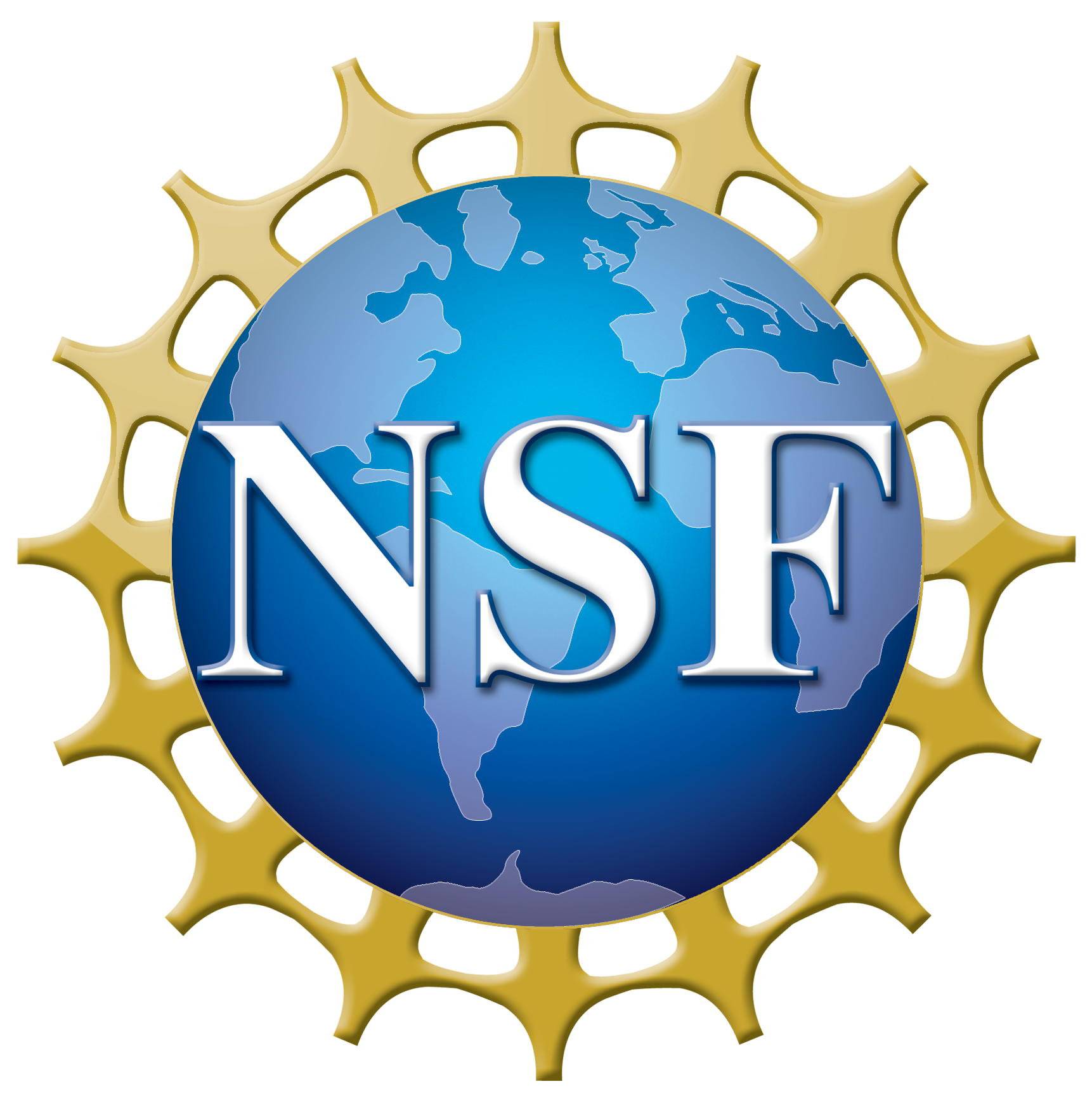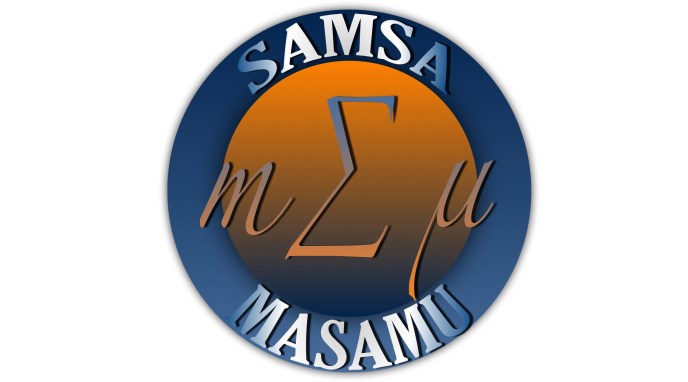The SAMSA-Masamu Program
2025 Masamu Advanced Study Institute (MASI) and Workshops:
Friday, November 21 - Sunday, November 30
Livingstone, Zambia
Fall 2025 Masamu CRN Virtual Colloquia Series Schedule
2025 Masamu Advanced Study Institute (MASI) Application Form
Masamu Program Informational Flyer
2025 One Health Symposium - Informational Flyer
2025 SAMSA Annual Conference Information
2021 SAMSA Conference and Masamu Institute - Attendee Locations:
NEWS AND ANNOUNCEMENTS:
- Fall 2025 SAMSA Masamu CRN Virtual Colloquia Series to be held every week
- Dr. Overtoun Jenda Elected as AAAS Fellow
- American Mathematical Society's February 2021 Notices Magazine features Dr. Overtoun Jenda and the SAMSA-Masamu Program
- Dr. Katherine Perry, Masamu Program Graph Theory participant, featured in Soka University Faculty Spotlight
- Dr. Michael Washington, CDC scientist and Masamu Program participant, featured in October 2020 ISE Magazine (Industrial and Systems Engineering at Work)
- Dr. Overtoun Jenda receives the prestigious PAESMEM presidential mentoring award
- Masamu Program featured in University World News
The primary goal of the Masamu (masamu means mathematics in Southern Africa) Program is to enhance research in mathematical sciences and related areas within Southern Africa Mathematical Sciences Association (SAMSA) institutions and beyond through promotion of international research collaboration. The Masamu Program was established in 2010 with the support of the US National Science Foundation. A key component of the Masamu Program is the Masamu Advanced Study Institute (MASI) and Workshop Series in mathematical sciences and related areas that provides a platform for such collaboration. Other activities include Research Workshop, Career Development Workshop, High Performance Computing Workshop, STEM Education Workshop, Department Heads and Chairs and Senior Research Scientists Workshop, Colloquia, Faculty Exchange and Study Abroad Programs. The target audiences of the Advanced Study Institute are graduate students, postdocs, and early career faculty (rank less than associate professor) while the workshops are open to students, faculty, and other researchers in the mathematical sciences and related areas.
In order to effectively use MASI and Workshops, the Masamu Program has created a Collaborative Research Network consisting of over 80 research mathematicians and scientists from around the world grouped into research teams in pure and applied mathematics that attend the annual MASI and Workshops and SAMSA Conferences. The Masamu Program is managed by the Masamu Steering Committee consisting of representatives from Sub-Saharan Africa, US, and Europe. The Auburn University Office of Special Projects and Initiatives administers the Collaborative Research Network, and runs MASI and Workshops on site in Africa.
Previous Masamu Advanced Study Institute (MASI) and Workshops can be found here.
About SAMSA: The Southern Africa Mathematical Sciences Association (SAMSA) was established in 1981 to further the mathematical sciences in the Southern African region (Angola, Botswana, Lesotho, Madagascar, Malawi, Mozambique, Namibia, South Africa, Swaziland, Tanzania, Zambia and Zimbabwe) and beyond.
About the NSF: The US National Science Foundation (NSF) is an independent US federal agency created by Congress in 1950 "to promote the progress of science; to advance the national health, prosperity, and welfare; to secure the national defense…" In many fields such as mathematics, computer science and the social sciences, NSF is the major source of federal backing for America's colleges and universities.
For more information, please direct inquiries to masamu@auburn.edu.




